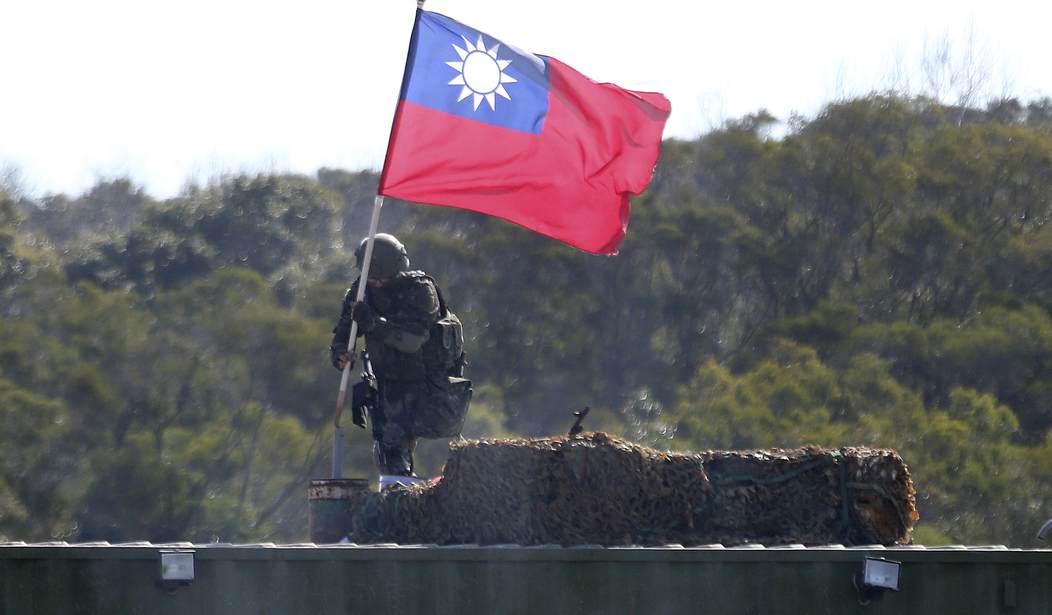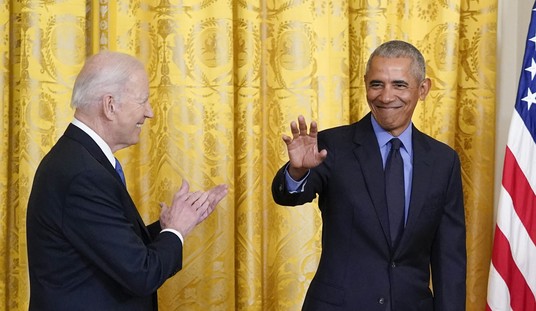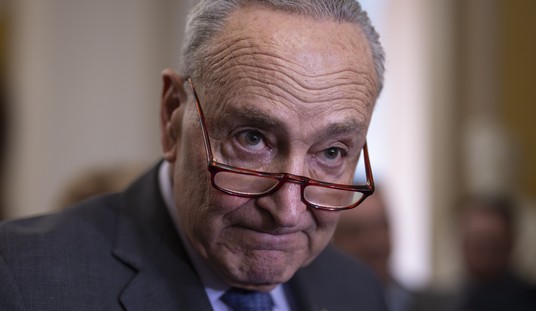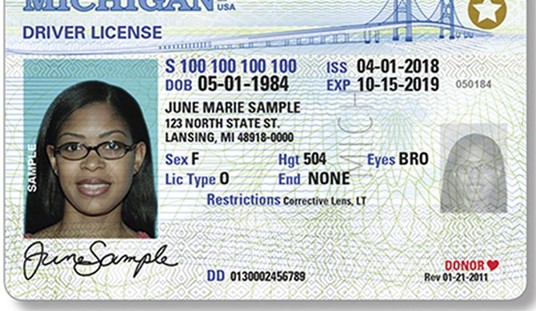Joe Biden and his media coterie are intensely focused these days on the soap opera playing out on Capitol Hill. Will Joe Manchin stand firm in the face of presidential pressures? Will Nancy Pelosi sound drunk again? What’s all the shouting in the ladies’ room?
And what will happen in the perennial staged fight over raising the debt limit? Yawn!
That makes for easy news coverage for every news cycle replete with tit-for-tat rhetoric and hyperbolic exchanges over Democrats’ desire to spend several trillion more dollars we don’t have. And who cares if most everyone lies?
Presidents and media can’t tell Americans what to think. But they can tell them what to think about.
The beauty of this stereotypical D.C. political theater for Joe Biden is that it squeezes his foreign policy clumsiness out of the news. You know, his epically disastrous Afghanistan exit and the Americans and their allies abandoned to the Taliban’s deadly vagaries. Anyway as everyone knows, the botched U.S. withdrawal was all Trump’s fault.
But simmering some 8,000 miles to the west is a potentially major crisis that could pit two nuclear superpowers against each other—a resurgent China and a chastened United States coming off Biden’s Afghan debacles with an embarrassed military half the size of China’s.
China has mounted a new and intense intimidation campaign over Taiwan, a democratic island country which it regards as a renegade province and relic of China’s civil war in the 1940s. As China’s Communists took over that vast land, the Chinese Nationalists retreated offshore to some rocky islands to create the Republic of China, which only 15 nations diplomatically recognize today.
China’s president-for-as-long-as-he-wants-to-be Xi Jinping declared this summer that Taiwan would be part of a “complete reunification” with the People’s Republic. And in recent days upwards of 200 Chinese fighters and bombers have flown provocative sorties into Taiwanese airspace.
One rogue missile aimed up or down could set off a major confrontation.
Diplomacy often relies on certainty. You attack one of NATO’s 29 members and the others join the defense, as they did in Afghanistan after al Qaeda’s assaults on the U.S.
For decades, ever since 1979 when Washington formally recognized the People’s Republic of China, U.S. policy has relied on “strategic ambiguity,” a dangerous stance that’s permitted American pols back home to have their rice cake and eat it too. Will America defend Taiwan or won’t it? That depends not so much on principles but on evaluations of individual presidents.
Judging by Biden’s apologetic diplomatic stances and attempted suck-ups to Russia and Iran and his copious hardware gifts to the Taliban, one might reasonably suspect the casually cruel U.S. commander in chief would just as easily abandon Taiwan as he abandoned so many Americans and Afghan allies in his chaotic pullout.
Would this American president boast of ending his country’s longest war and then, just months later, turn around and lead the nation into another one to protect a tiny, distant Asian democracy?
China under Xi has shown a broad and increasing aggressiveness. He’s building military complexes on artificial South China Sea islands. He’s expanded its navy far beyond the size of American fleets. He’s ignoring international protests over persecuting minority Uighurs. He’s reneged on agreements to protect Hong Kong’s freer status.
Offensive Chinese military hostilities would not seem immediately imminent. Beijing hosts the Winter Olympics in February. But people whose foreign affairs memory goes back as far as 2014 recall Vladimir Putin waited til after his Winter Olympics ended in Sochi before annexing Crimea and fomenting a rebellion in eastern Ukraine.
Biden, whose son Hunter still maintains significant investments in China as far we know, likes to portray his stance as tough toward Beijing, pointing to his strong demands to stop cyber-attacks, military exercises in disputed Asian waters, and the new mini-alliance with Britain to help Australia acquire a nuclear submarine someday. China has six. The U.S. 68.
Last month the N.Y. Times claimed to detect a Biden Doctrine in his foreign policy flummoxes, which were really patterns of failed initiatives and clumsy maneuvers.
Taiwan has become an economic powerhouse since relaxing martial law and transitioning from a military dictatorship to a multi-party, semi-presidential system beginning in the early 1960s.
It’s a collection of islands, some just a mile off mainland China, about the size of Maryland packed with a population 10 percent larger than Florida’s 22 million. The main Taiwan island lies across the Taiwan or Formosa Strait about 100 miles offshore.
Over the centuries, Taiwan has been Dutch, Spanish and from 1895 to 1945 Japanese.
At 290,000 members, Taiwan’s military is one-tenth the size of China’s. It has been bolstered by purchases of modern U.S. weapons and planes. But then, the regular Afghan Army had that good stuff too.
Except for brief artillery hostilities back in the 1950s, the so-called strategic ambiguity over America’s commitment to defend Taiwan has worked for decades to protect that democracy as a glaring symbol of successful capitalism virtually within sight of the Communist giant.
But despite some periods of domestic turbulence, in all those years the United States has not elected a commander in chief as aged (79 next month), as frail, as consistently wrong on foreign policy, and as cognitively challenged as Joe Biden.
Xi is a decade younger than Biden. He need never worry about missing election ballots. He need never worry about elections period. No one there would dare be a Joe Manchin.
So, Xi can remain inscrutable about his Taiwan intentions for now. Based on the actions of his first nine months in office, Joe Biden’s inept intentions, on the other hand, are entirely scrutable.













